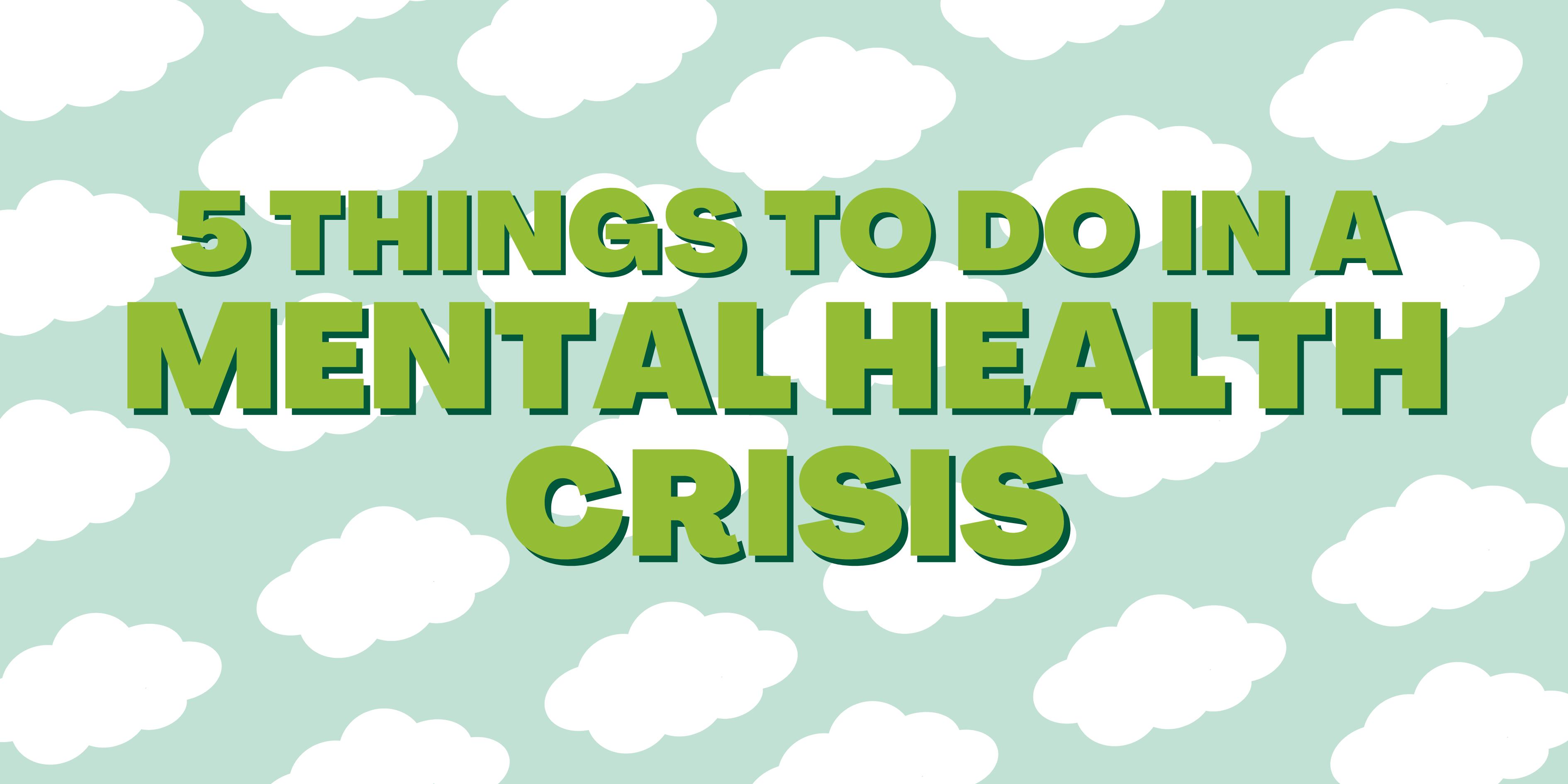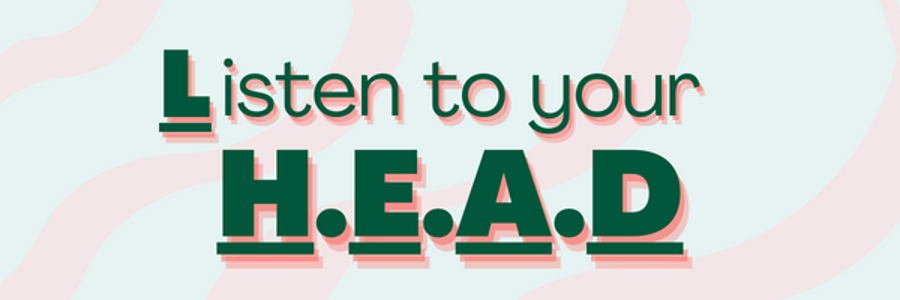5 Things to Do in a Mental Health Crisis

Almost all (96%) of Australians believe that mental health is just as important as physical health. Seven out of 10 Australians have witnessed a colleague displaying at least one symptom of mental health issues in the workplace – yet, 75% believe there are barriers preventing them from providing support.
The most common barrier is that almost half of Australians feel they don’t have the skills to approach situations involving mental health. To help you, here are some pointers to practice when supporting someone experiencing a mental health crisis:
Assess the situation – listen and communicate

Just like providing first aid to someone who is physically hurt, we can provide psychological first aid to help someone who is in a mental health crisis. In such situations, you should listen and communicate with the person and, if required, refer them to an appropriate health professional.
Active listening techniques such as paying attention to what the person is saying rather than what you want to say; limiting interruptions and deferring judgement, can help the person express themselves better.
As with any kind of first aid emergency, if you think someone is in danger of hurting themselves or someone else, you should immediately dial Triple Zero (000).
Use the “Listen to your H.E.A.D” method

At St John Ambulance Victoria, we teach our Mental Health and Crisis Support students to “Listen to your H.E.A.D”:
- Listen – listen to the person with empathy and active listening techniques.
- Hazards – check for any immediate dangers to yourself, the person you are helping, or
others around them.
- Engage – talk to the person to offer assistance and reassurance and reduce their level of distress.
- Action – take the appropriate action, which may be empowering them to get help from a
health professional, or even calling for emergency assistance.
- Debrief – it can be distressing when a loved one or a colleague is experiencing a mental
health problem, so it’s important to look after yourself. Debrief with someone and seek help if you need it.
Get support from useful resources
There are a variety of helplines, websites, and applications that can help you or someone you know that is experiencing a mental health crisis. Lifeline (13 11 14), Kids Helpline (1800 551 800), and the St John Ambulance Victoria Mental Health Crisis Team (1300 363 756) are available for you to call if you need someone to speak to.


For online resources, Beyondblue, Headspace, and Suicide Prevention are some of the many sites you can log on to. You could also look at downloading apps for mental health on your phone – there is a whole range of apps covering mental health crises from anxiety to eating disorders, to schizophrenia. Check out the list below!


Learn how to recognise a crisis
Mental health crises can happen to anyone, at any time. Knowing how to recognise such instances can be helpful to those around you – it could even save their lives! Attending training, such as the St John Mental Health and Crisis support course can help you recognise when someone is having a problem, learn communication and de-escalation techniques and understand when to refer the person for professional help or contact emergency services.
Take it easy

The stress of school, work, and our daily lives can sometimes be overwhelming. Remain open, empathetic, and keep listening rather than trying to talk over them
With yourself, make sure you take time off to do the things you enjoy. Practicing mindfulness (the apps above can help you) is a great way to relax. Similarly, when providing support to someone, lend an understanding ear and be patient.
In any mental health crisis, remember to assess the situation and use active listening techniques – “Listen to your H.E.A.D”. Don’t hesitate to use the many resources that are available to provide support. And most importantly, in any emergency, or if in doubt, call Triple Zero (000).
The information contained here is for general information only. none of the material is, or should be regarded as clinical advice. The user assumes all responsibility and risk for their general or personal use of any of these applications.
